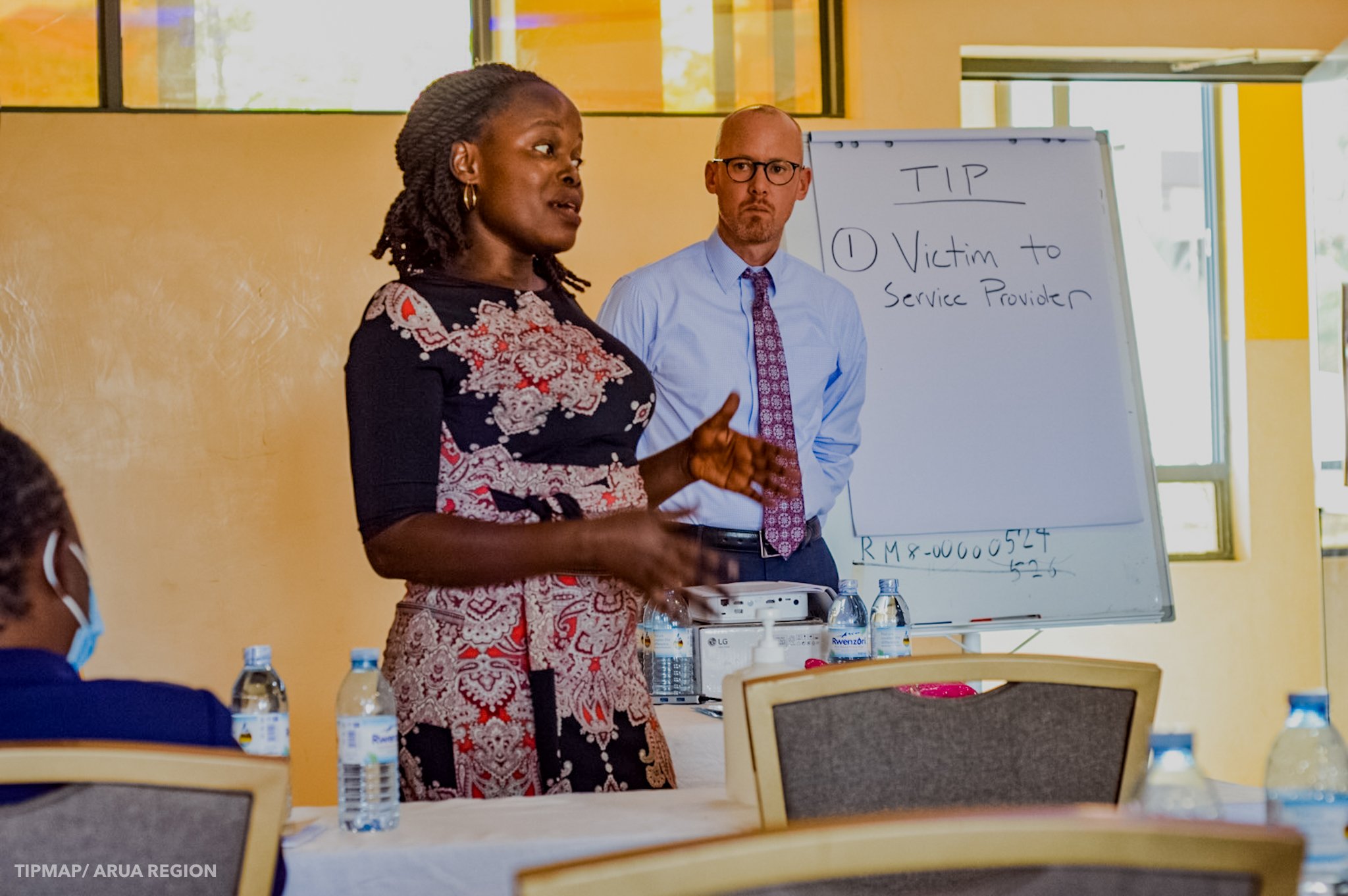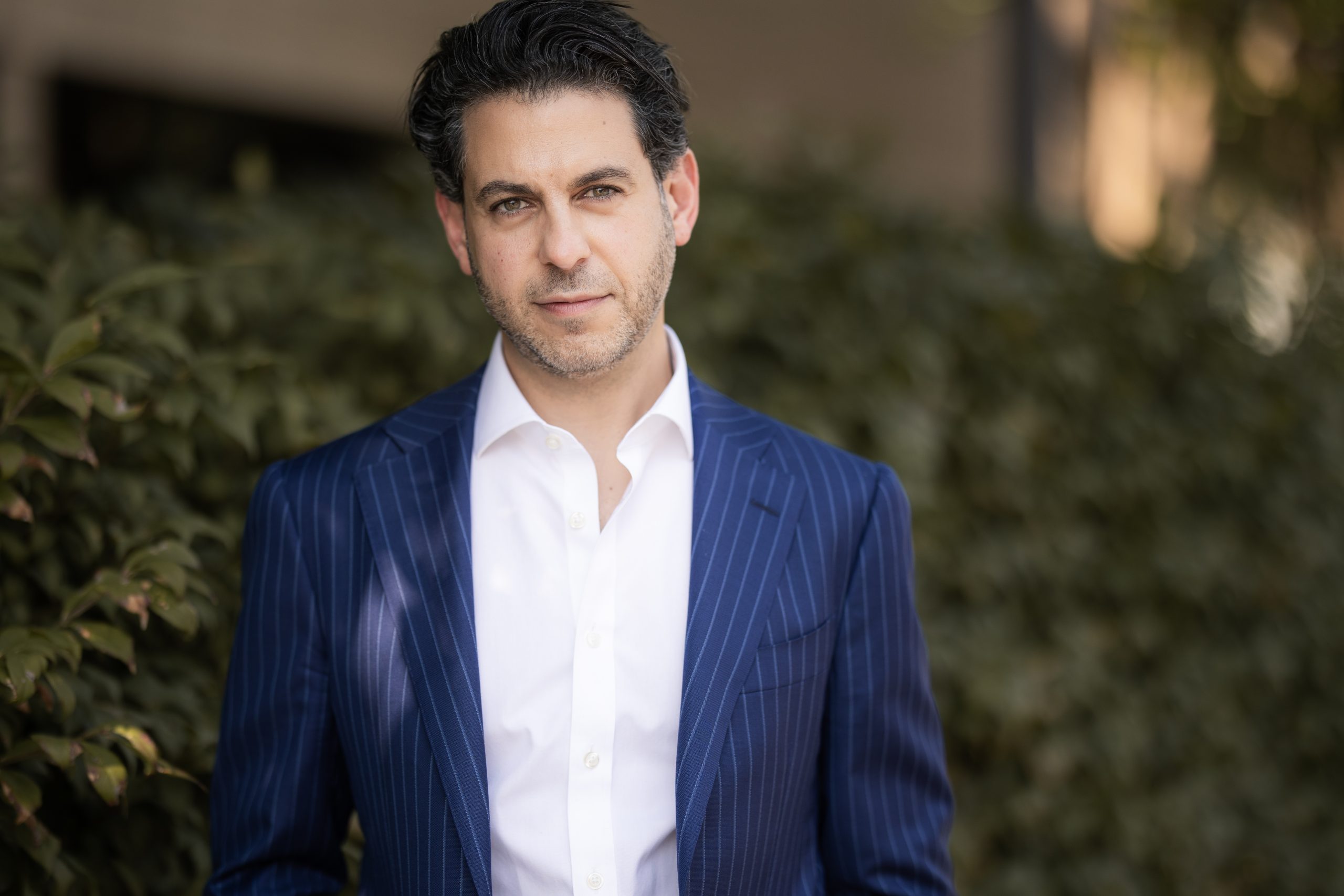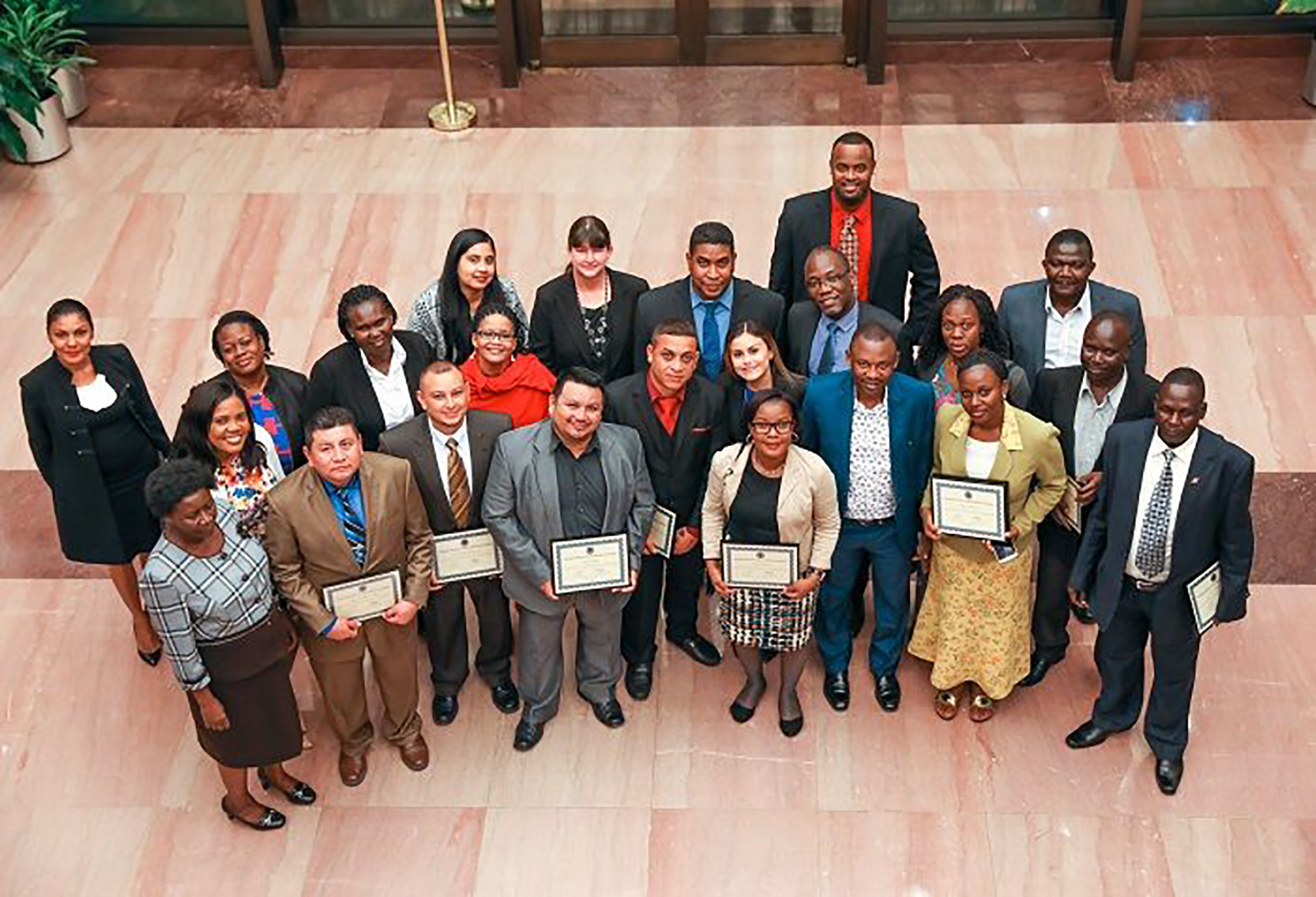Two decades after the first laws around human trafficking were created, the Human Trafficking Institute’s (HTI) founders noticed a gap in the global response to trafficking: these great laws were not being enforced. HTI stepped in to provide prosecutors and investigators around the world with the tools and guidance necessary to stop traffickers.

Intensive training is just the starting point for partnership between HTI’s experts and local investigators
HTI is a non-profit organization that exists to decimate human trafficking around the world by empowering investigators and prosecutors to stop traffickers. The International Labour Organisation conservatively estimates that there are 24.9 million people globally who are victims of sex and labor trafficking. Over the last two decades, every country in the world has adopted an anti-trafficking law. However, trafficking still flourishes in countries where these laws are not enforced. HTI implements a three-pronged model designed to improve enforcement of these important laws.
HTI’s approach is focused on reducing trafficking by working alongside governments that are serious about measurably improving human trafficking enforcement. This approach is unique because HTI provides embedded experts who work side-by-side with investigators and prosecutors to provide guidance as they face human trafficking investigation and trial challenges. Alongside these experts, HTI also helps form specialized teams of investigators and prosecutors who have received targeted training to work solely on human trafficking cases, increasing the capacity of governments to prosecute suspected traffickers. By implementing this approach in coordination with these countries’ governments over an extended period of time, the model becomes self-sustaining, allowing HTI to leave the country knowing the justice system is fully equipped to stop traffickers without assistance.

Victor Boutros , CEO and Co-founder
This model is working in HTI’s partner countries. Over the past two years, over 1,400 victims have been protected and more than 1,000 suspected traffickers have been arrested.
Between 2020 and 2021, there was a 233% increase in convictions of traffickers and a 159% increase in victims removed from exploitation in HTI’s global programs. These improvements show when a country is dedicated to stopping traffickers, where incredible results can follow.
HTI was founded by its current CEO Victor Boutros and former cofounding Director John Cotton Richmond. They conceived the idea for HTI’s model while working as federal prosecutors for the U.S. Department of Justice Human Trafficking Prosecution Unit after seeing the success of prosecutors and investigators working together to improve enforcement of human trafficking laws in the United States. They succeeded in bringing this approach to two Global South to equip others with the specialized skills to build up their capacity to decimate trafficking. Today, Boutros leads HTI in growing its programs to have an even greater impact around the world. In 2018, Boutros received the International Protect HER Award from New Friends New Life for partnering with governments worldwide to reduce human trafficking.

Prepping global leaders to take on trafficking is a key component of HTI’s mode
Thus far, HTI has partnered with the Governments of Uganda and Belize with sights set on expansion to other countries dedicated decimating human trafficking. In 2021, both governments celebrated significant successes in enforcing their human trafficking laws. Belize achieved its first conviction under its child trafficking law and sent two traffickers to prison and Uganda celebrated its first life sentence for a convicted trafficker. At HTI, the goal is that each trafficking conviction sends a message to other traffickers that their crime is not worth the risk.
In 2021, HTI began accepting Bitcoin for donations, expanding its supporter base outside of traditional giving structures. Expanding to a global currency makes HTI’s global impact something in which anyone can play a part.
Learn more about the impact cryptocurrency can have on decimating trafficking around the world.














